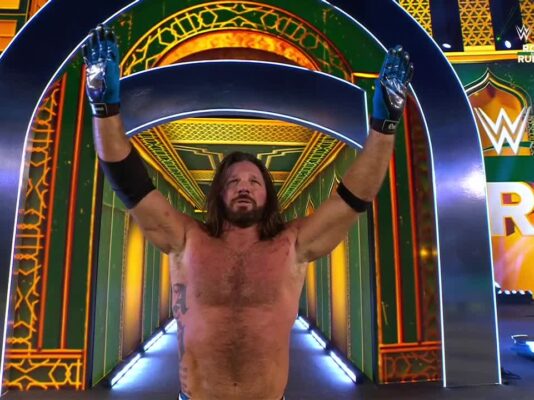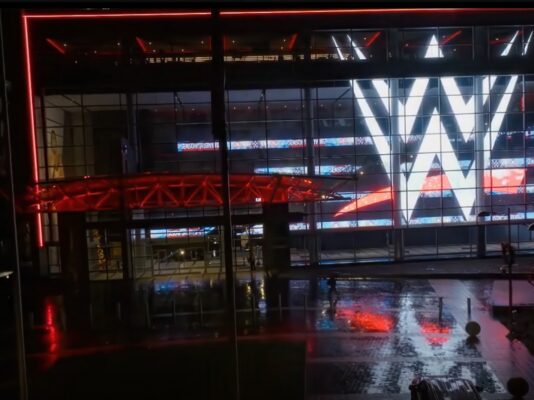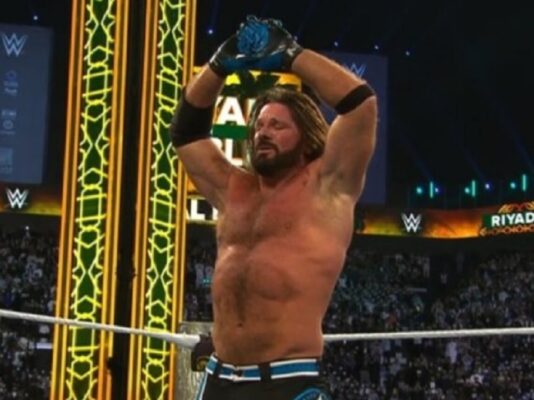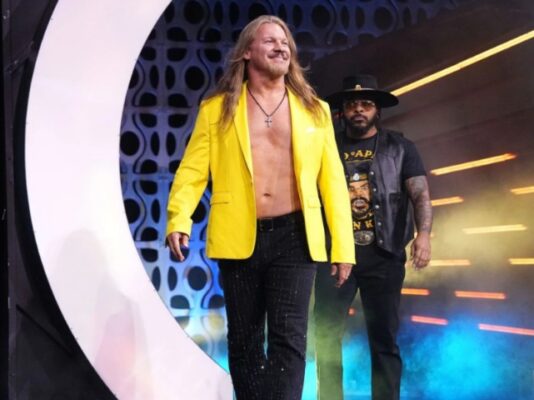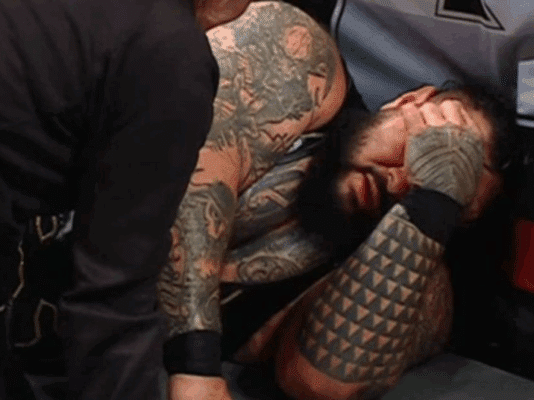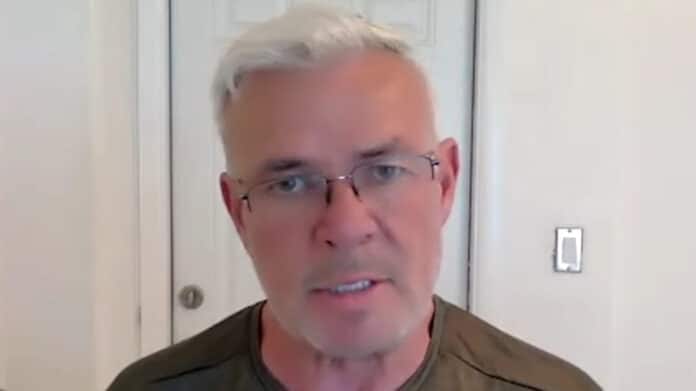
WWE Hall of Famer and former WCW President Eric Bischoff took to an episode of his 83 Weeks podcast, where he talked about a number of topics including the potential of Dean Malenko as a main eventer.
Bischoff said, “Big money — you know, it probably mean the same thing to you as it means to me, which would be kind of that main event level status. Because Dean Malenko was making big money even in the cruiserweight division, depending on your definition of big money. He was well into six figures, probably compared to WWE he was probably in the upper third of their financial roster, so to speak. So he was making good money. But I think your real question is, did I see him in that kind of main event role someday? And I would be dishonest if I said, ‘Oh, no, I saw him in — he always had that potential!’ That would be dishonest. No, I didn’t see him in that role. I didn’t see him in that role. But I saw him as being incredibly valuable in just about any other role, all the way up into the main event. And I don’t know, I think that’s a pretty successful career achievement for a guy like Dean Malenko.”
On if he misses being an announcer:
“Absolutely. Actually, play-by-play was the most fun, as far as my on-camera stuff. I mean, there’s different times when I had a blast. You know, in WWE there was some amazing stuff I got to do on camera. That was a blast. Same in WCW. But overall, from the sheer enjoyment of the process, I love doing play-by-play. I was never really that good at it. I was adequate, I could do it. And in some ways, I had certain ways of approaching it that were perhaps [more] beneficial than others. But I was just pretty average. But I loved doing it. Just because I wasn’t the best at it, doesn’t mean I didn’t enjoy it. I did enjoy it. Because you’re creating a story, you’re creating characters. You’re using — I get to use my imagination to create. I always thought — and Verne Gagne taught me this. Absolutely, Verne Gagne taught me this, to imagine that you’ve got wrestling fans who are watching, or listening, because they’re blind. Describe them and make them excited audibly, the same way you are visually. Now I’m paraphrasing that because I’m saying it differently than Verne said it to me. But you get the point. And that’s what a lot of the play-by-play announcers that I grew up listening to in AWA, that’s what they did. So I kind of understood what Verne was trying to teach me.”
“And that’s how I approached it, which is why I enjoyed it so much because it allowed me to tap into my imagination. I wasn’t just calling the action; I was using the guidance and experience that was given to me by Verne when I was learning, the first time I ever did it. ‘Okay, here’s the basics.’ And then throughout that entire process, I learned to use my imagination to create such an narrative audibly that may not even exist visually. And that’s not to mean that I’m going to tell a different story that people are seeing, but use your imagination to make it more exciting. To make it more impactful, to make it mean something other than just saying, ‘It’s happening’ and calling the action. That’s the art of play-by-play that I think has been lost. The focus — it’s not that the art has been lost, it’s just that the focus has changed. And I think the style of play-by-play and color, which are almost indistinguishable in many cases — not all. That is the element of play by play and color that I can think could be fixed so freaking easily, because the talent that are currently not doing what they should be doing have done it for decades. You’re not teaching them a new trick, just shifting the focus and the intent of that narrative to enhance what people are seeing and experiencing as opposed to just telling them what they’re seeing and experiencing.”
You can check out the complete podcast in the video below.
(H/T to 411Mania.com for transcribing the above quotes)







